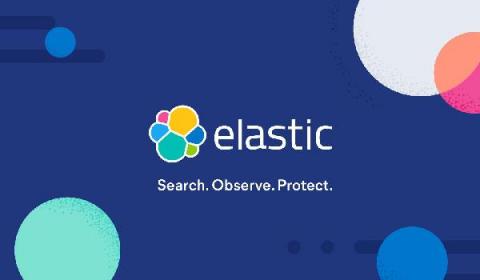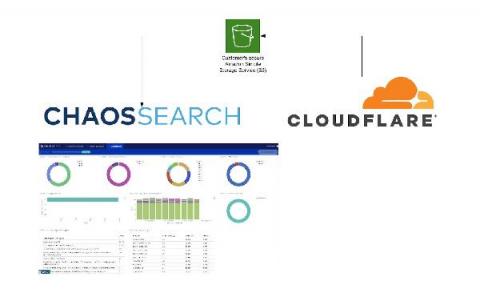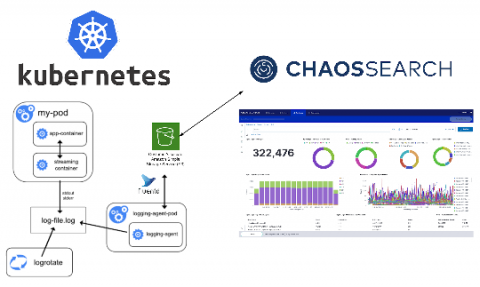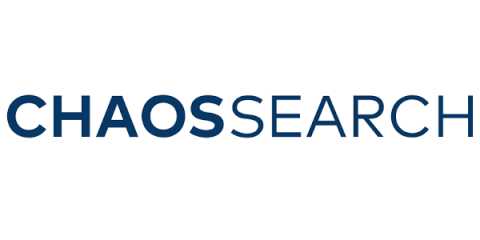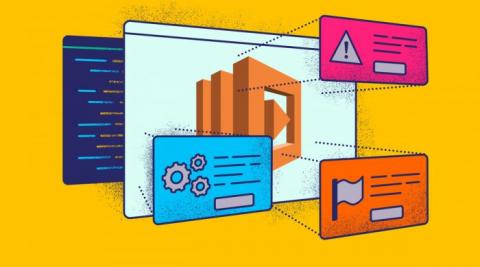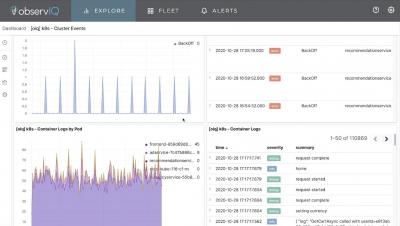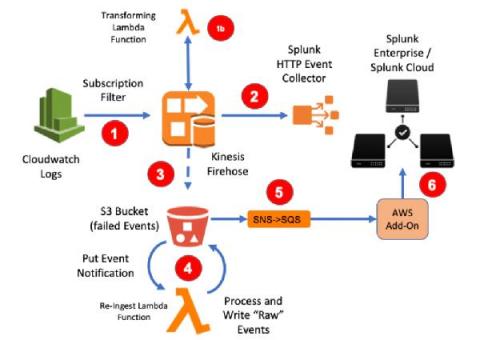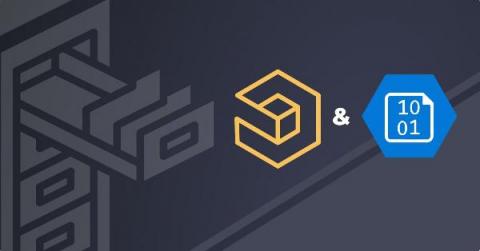Amazon: NOT OK - why we had to change Elastic licensing
We recently announced a license change: Blog, FAQ. We posted some additional guidance on the license change this morning. I wanted to share why we had to make this change. This was an incredibly hard decision, especially with my background and history around Open Source. I take our responsibility very seriously. And to be clear, this change most likely has zero effect on you, our users. It has no effect on our customers that engage with us either in cloud or on premises.


